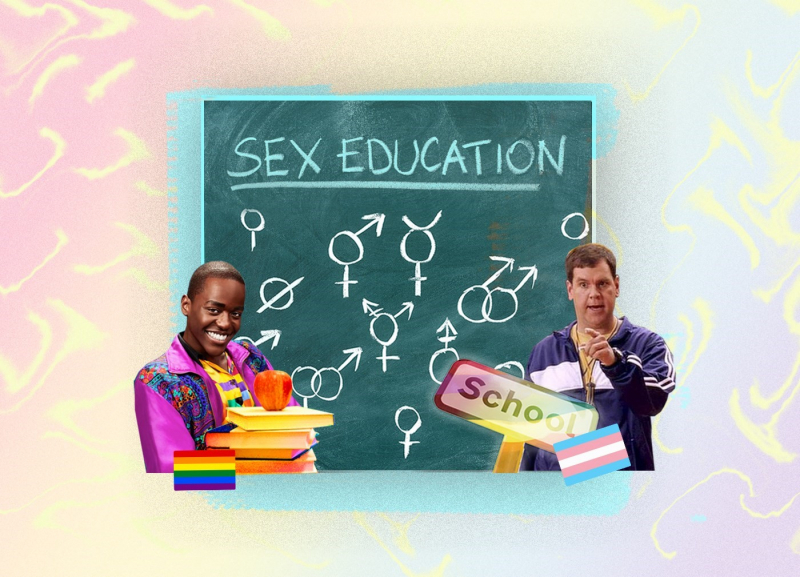Sex education and gender identity
Individual states have power over laws involving the long-running issue over sex education in public schools. That is, what is and is not taught differs depending on where a child is educated. Sex education has long been a source of contention in the United States. Until recently, the primary points of contention were when the topic became age appropriate, birth control, local values, and the idea of abstinence. Abstinence is required in some communities, including some states, and is referred to as "sexual risk avoidance."
The rise of LBGTQ concerns, gender identity, sexual harassment, unisex restrooms, sexually transmitted diseases, and other issues in recent years has added to the discussion. While most parents agree that some sex education should be provided in schools, there has never been unanimity on what should be taught and at what age. According to a Center for American Progress study, as recently as 2018, 40 states did not address either healthy sexual relationships or what constitutes sexual assault in their sex education curricula.















